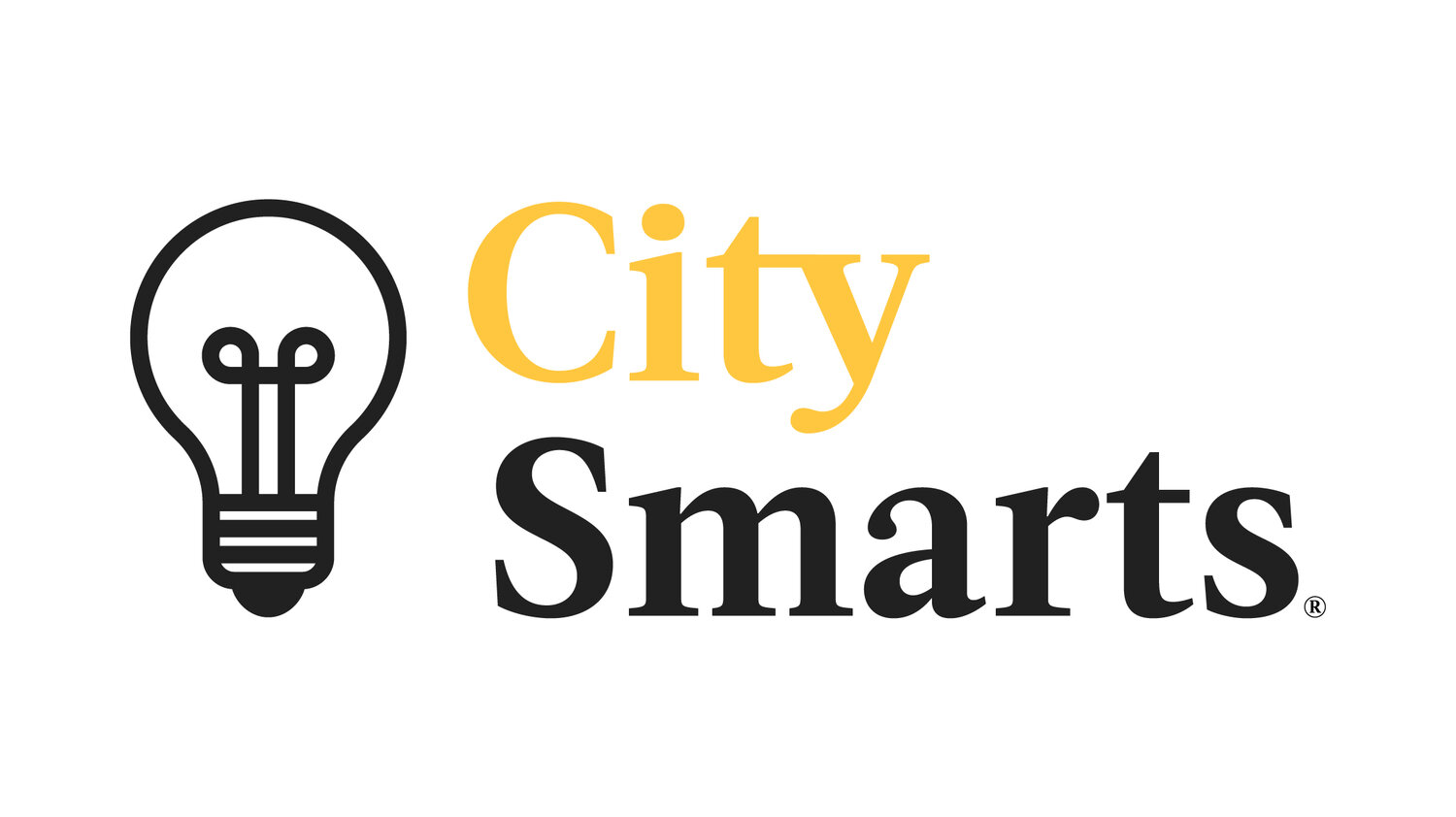So far, we’ve heard that the April 4th SAT and the May 2nd SAT have been canceled. This disrupts a lot of people’s prep schedules, and it’s clearly not the best case scenario. Nor is it one we’ve experienced before - even when there’s a blizzard or a hurricane, test dates aren’t cancelled nationally, and usually are made up within two to three weeks. This is a much more challenging situation for our students looking to test for the first time, or trying to get one more score increase in before they shift their focus to other aspects of the admissions process.
Adjusting Schedule
Parents are able to reschedule for free to the June 6th SAT and the June 13th ACT, and we recommend doing that as soon as possible. We are also recommending students sign up for the July ACT and August SAT, given the uncertainty around rescheduled dates.
Breathing Room
For many students, slowing down the school year–giving them some breathing room between finals, APs, and standardized tests–may turn out to be a blessing. However, we don’t want our students stretching their testing period into the fall unless forces outside our control demand it.
Implications For College Admissions
With students nation-wide facing test-cancellations, colleges will need to adjust their criteria for next-year’s class. In recent days, a slew of top-tier universities (including Tufts and Boston University) have announced plans to go test optional for 2020-2021 applicants. Meanwhile, MIT has dropped its Subject Test (SATII) requirement, which may signal the start of a broader trend among highly selective colleges.
Long story short: we believe that test scores are likely to be de-emphasized across the board for our current class of 10th and 11th graders.
Let’s Strategize
Please always feel free to contact us to discuss changes in test prep schedules and how to maximize the time we have between now and college admissions deadlines in the fall. We are, as always, here to help you strategize.





